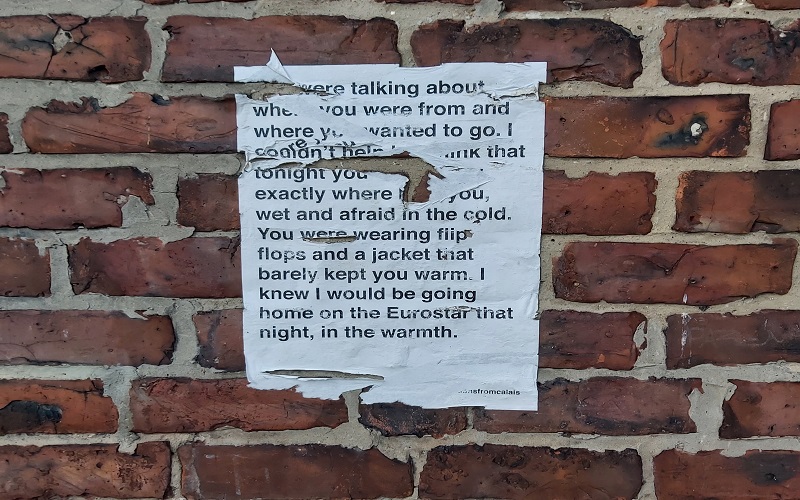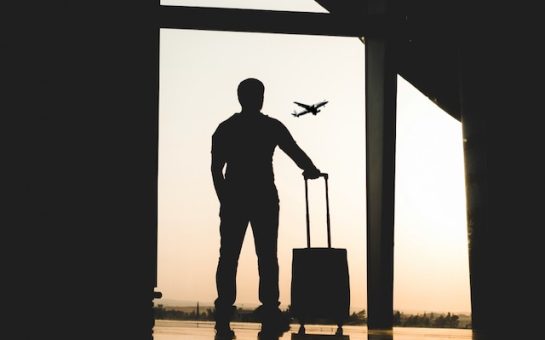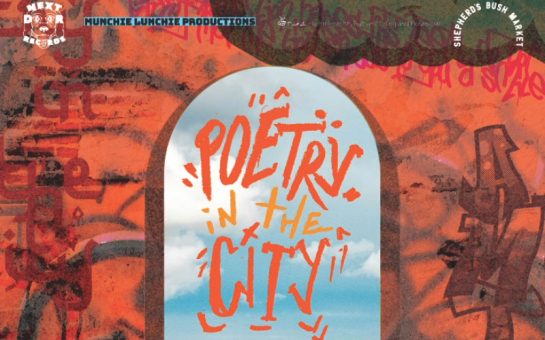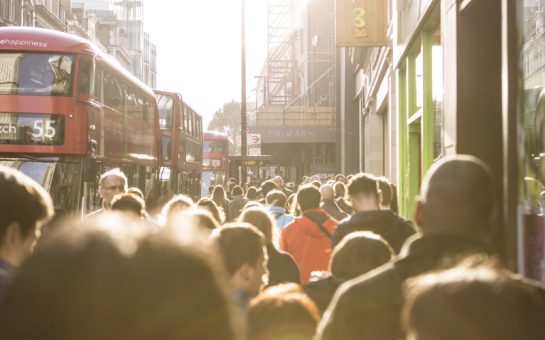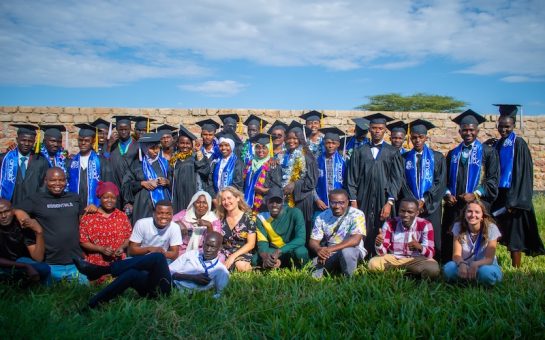‘You were talking about where you were from and where you wanted to go’ reads the poster fraying away from the brick it has been pasted to.
But how did the words of a person in a migrant camp in Calais appear on a wall in the UK?
Conversations From Calais, now a global art project, began in 2018 when Mathilda Della Torre went to Calais with her mother to volunteer in the refugee camps along the northern coast of France.
Della Torre, who is part French, felt she had to see what was happening in Calais. As she volunteered in Calais, Della Torre talked to refugees and asylum seekers.
“That’s when all the conversations started happening,” she said.
She wanted to bring the stories of the migrants she met to people in the UK.
When she returned to London, she wrote up the conversations and made them into posters, which she stuck up on walls in London and Dover using homemade glue.
For Della Torre, the posters serve as testimony from the human side of migration policies.
“Its about rehumanising. It’s deliberate that the project doesn’t have images of people because we’re bombarded with photos of what the refugee journey looks like,” she said
“But that doesn’t show any of the stories of what’s actually being lived by people.”
Della Torre put pictures of the posters on her social media, and people began contacting her asking how they could get involved.
What began as individual messages grew into a global art movement, and Della Torre set up a website to help people across the world bring the project to walls near them.
The posters have now been translated into French, Spanish, Italian, Portuguese, Finnish, German, Polish, Romanian, Hungarian, Japanese, Dutch, and Czech.
They have been pasted onto walls on over 60 cities across the globe. Della Torre uses social media platforms to document these posters.
The medium of the project makes it impermanent, while the grassroots nature means posters are dispersed, so during the Covid-19 pandemic Della Torre decided to compile the conversations into a physical collection.
She assembled the conversations into a book, titled Conversations from Calais: Sharing Refugee Stories.
Della Torre said: “I wanted to create a more permanent archive of the project and show the project in a more holistic way – when you see the pictures on the street maybe you just see one and that’s it but I wanted to show a fuller version of the project.”
The book also includes posters and essays from leading poets, campaigners, artists, and authors.
Contributors include Chinese artist Ai Weiwei, English comedian Nish Kumar, and Syrian filmmaker Waad Al-Kateab.
Della Torre explained: “I wanted the posters to be surrounded by essays that talked about some of the themes that were in the book that were written by people with lived experience as well as people who had been working the field for time.”
She paired a conversation about food with a contribution from Joudie Kalla, the Palestinian chef.
“We’re living in a world where mainstream media and politicians are making us more and more polarised, and get further and further apart,” she said. “I want to bridge that gap.”
Della Torre wants people who read the book to have their own conversations, and not just in spaces where the conversation is easy.
She said: “We all have the same wishes and desires but we’re living in such different circumstances purely because of luck.”
Della Torre also hopes the book inspires readers to help migrants in their local communities.
“I live in East London, there’s about four hotels a 10–15-minute walk away that hosting asylum seekers. I would imagine that half of the people that live in my local area have no idea,” she said.
“But you are living close to asylum seekers and refugees every day.”
The book will be released on 20 June, World Refugee Day. A donation is made to the charity Freedom from Torture for every copy sold.
Conversations From Calais: Sharing Refugee Stories is published by Welbeck Balance.
Featured image credit: Sophia Massam
